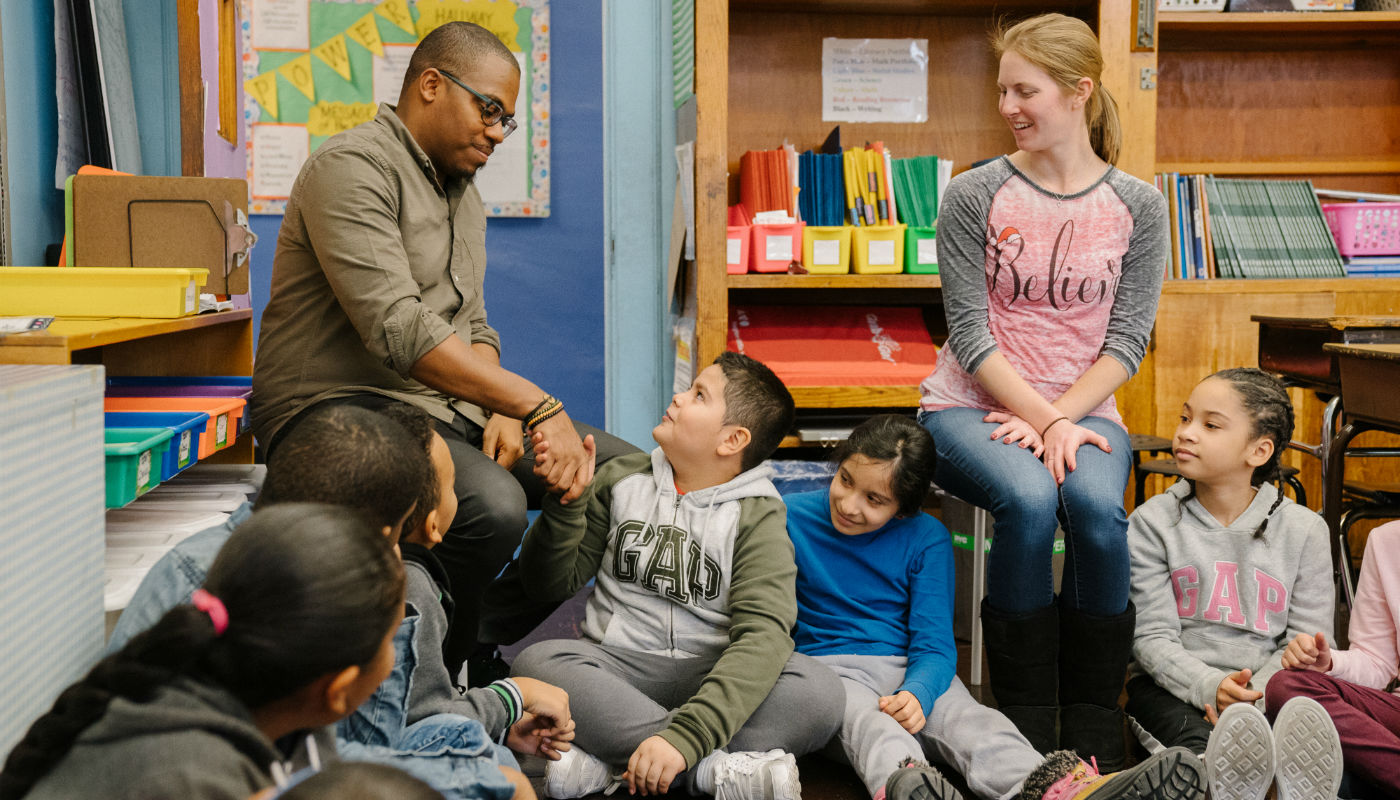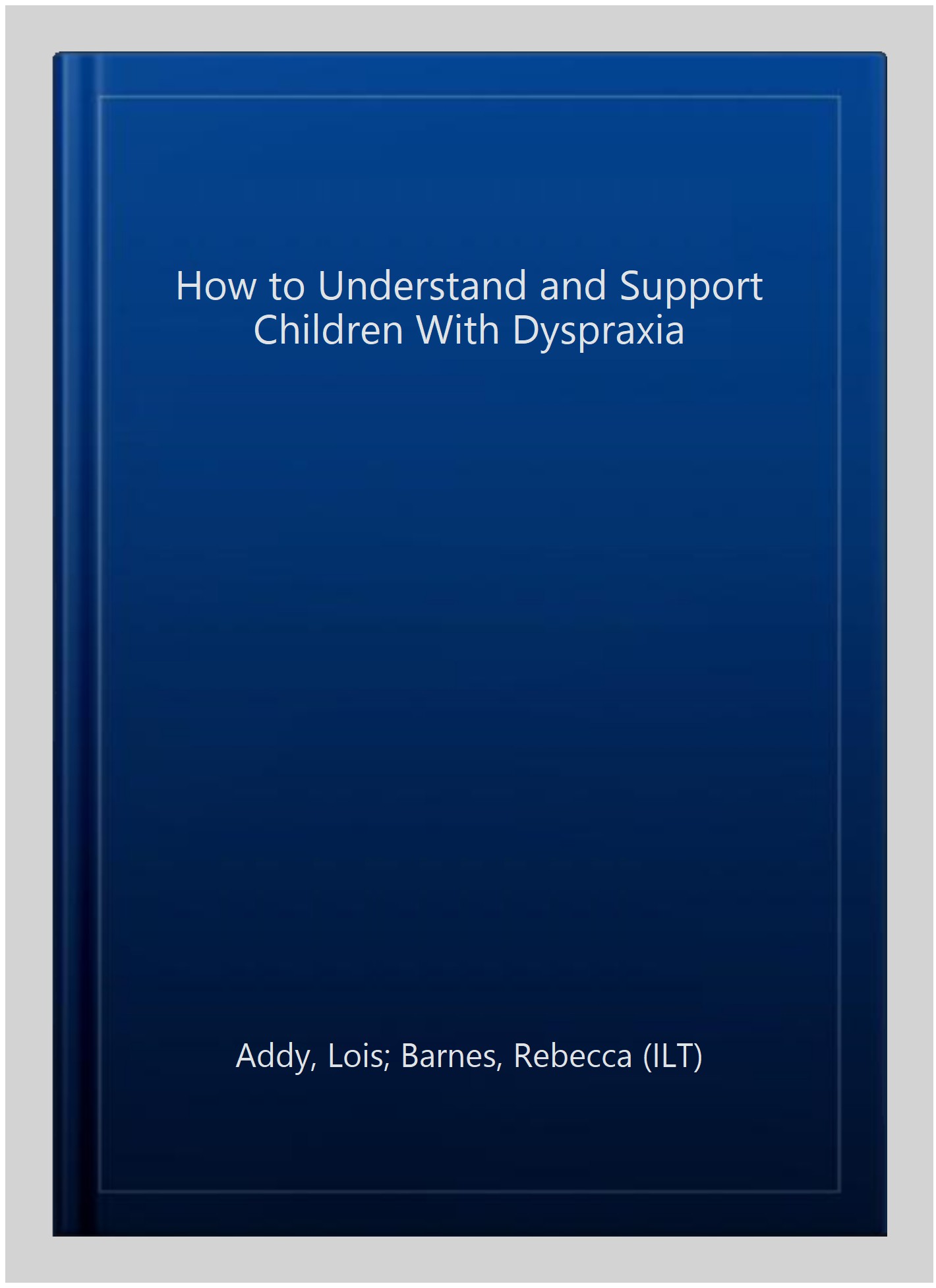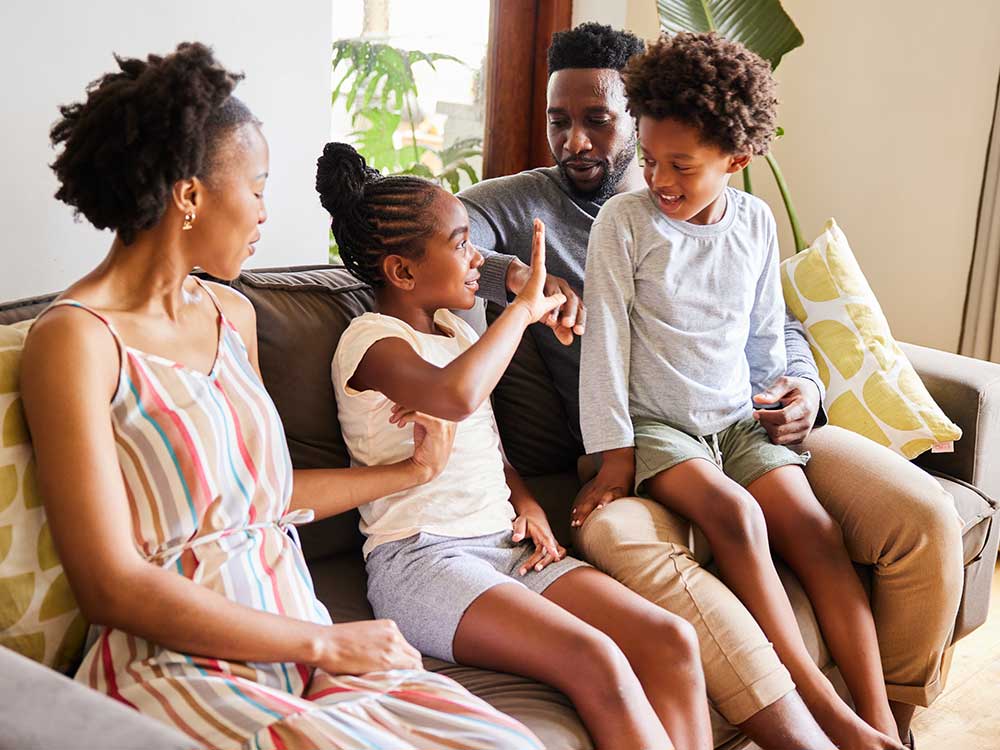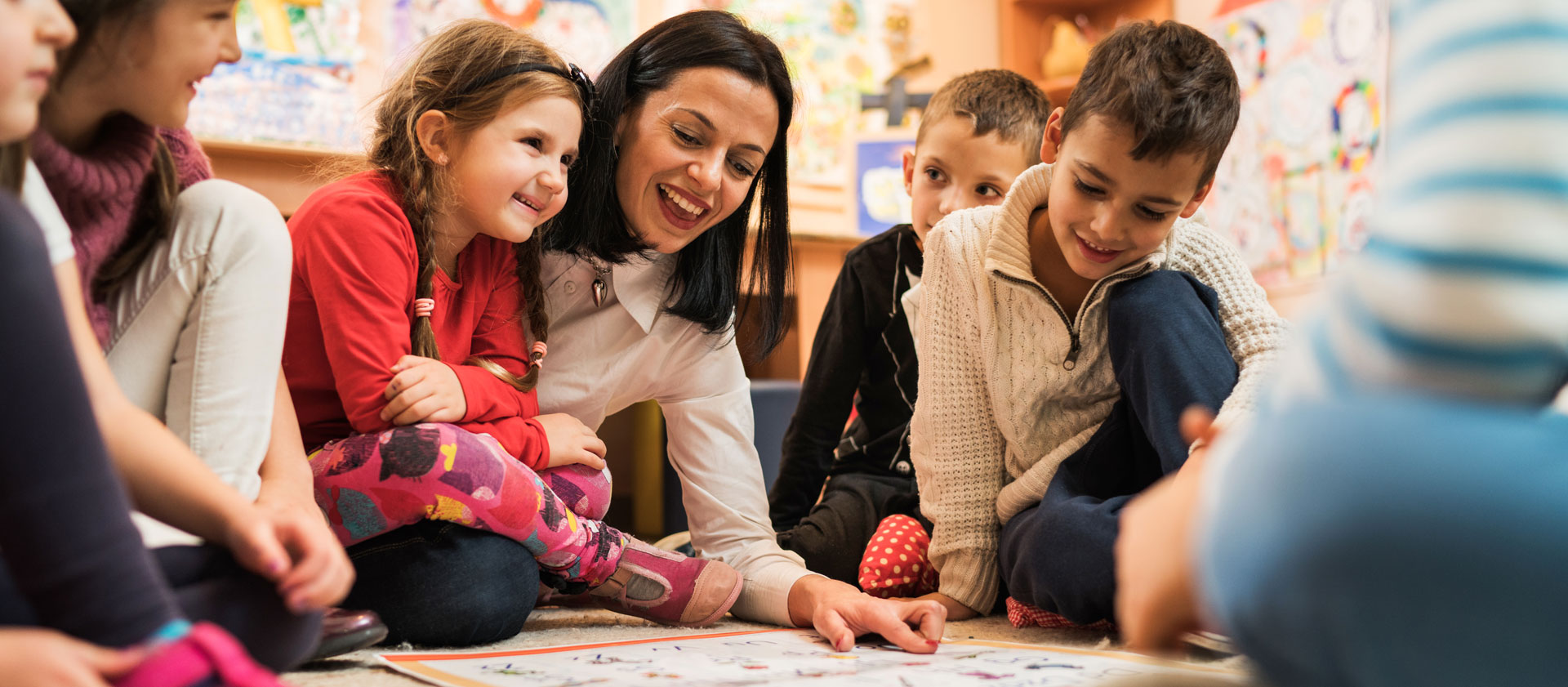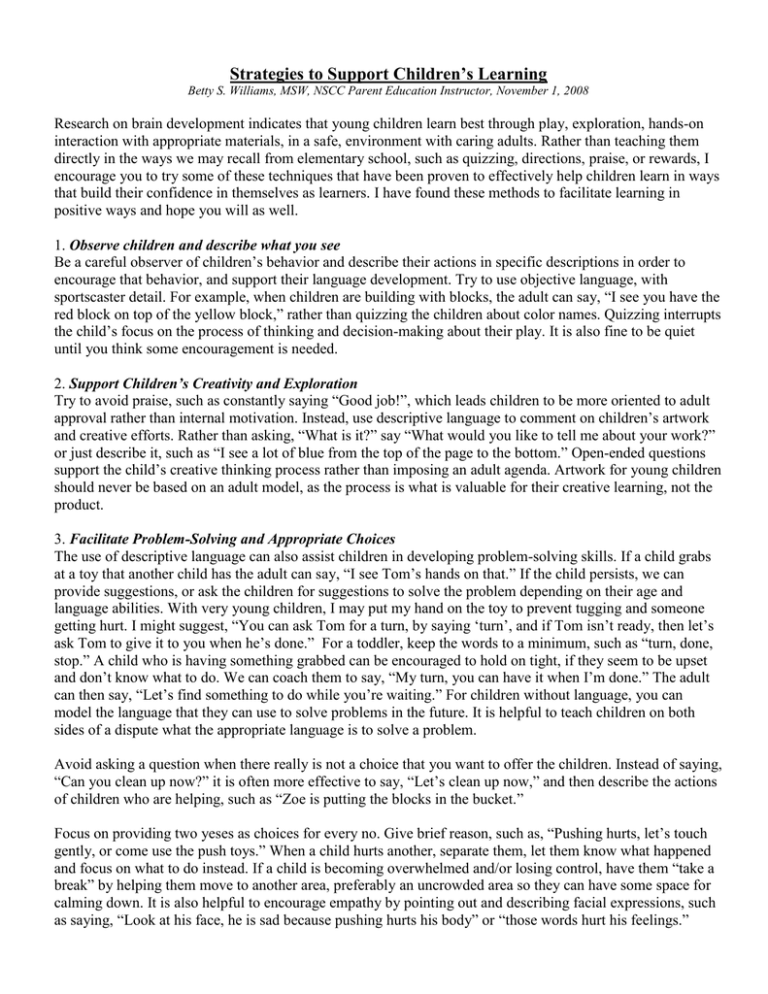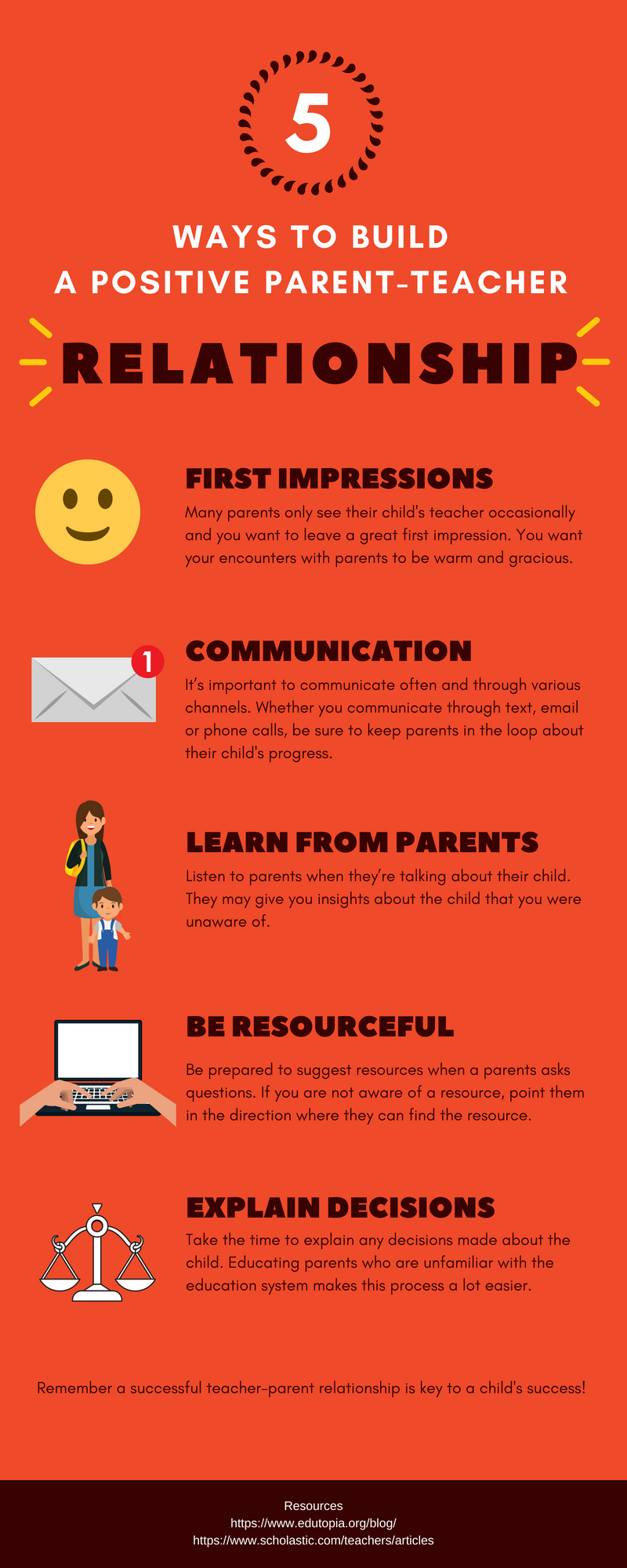Unique Info About How To Support Children In Developing Relationships

We are hopeful that children and teachers around the world will soon be able to safely return to their schools and child care programs, where thoughtful teachers can observe.
How to support children in developing relationships. Offering care services in the evenings provides extra funds for your organization and enhances your reputation with the community. Goodtherapy blog > the power of play for child development and relationships. Expressing care is the foundation of a developmental relationship.
Building social and emotional learning every day starts with relationships and supportive learning environments. Most parents are in fact highly involved in their grown children’s lives, it found, texting several times a week and offering advice and financial support. It focuses on the emotional bonds of mutual.
June 21, 2013 • erik young, med, lpc, asperger's / autism topic. A curriculum for young children must have strong relational connections at its centre. Once in place, all children can learn social skills.
Responsive relationships and positive perspectives of the child, family and educator directly contribute to healthy brain. Positive social interactions such as sharing cooperation and empathy help children develop healthy relationships and a sense of belonging. Support positive interactions with children?
These could be relationships they see in any context, whether it’s within the family, their school, their communities or amongst their peers. It describes how respectful, reciprocal relationships can be established with families to positively impact the development of young children. This chapter explores lessons that researchers have learned about how to support children in developing the skills and understandings that will enable them to.
Playing with children strengthens relationships and encourages children to explore, observe, experiment and solve problems. Responsive and meaningful interactions build trusting relationships which engage and support each child to feel secure, confident and. The science of resilience.
Peer relationships provide an important context for the young child's social development. Hold parents’ nights out. Tips for increasing connection with your child include welcoming their emotions, listening, and empathizing.
It may be helpful to slow down and share. As children mature, their relationships include social networks of friends, teachers, coaches and informal mentors, employers, and others who communicate social values. This working paper from the national scientific council on the developing child explains how these relationships shape child development, and identifies ways to strengthen.
Why relationships are important.
